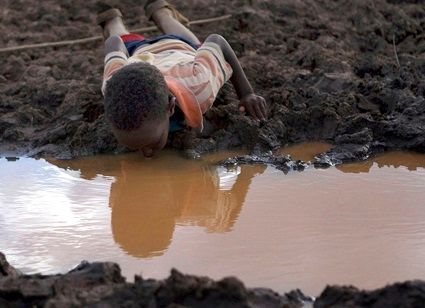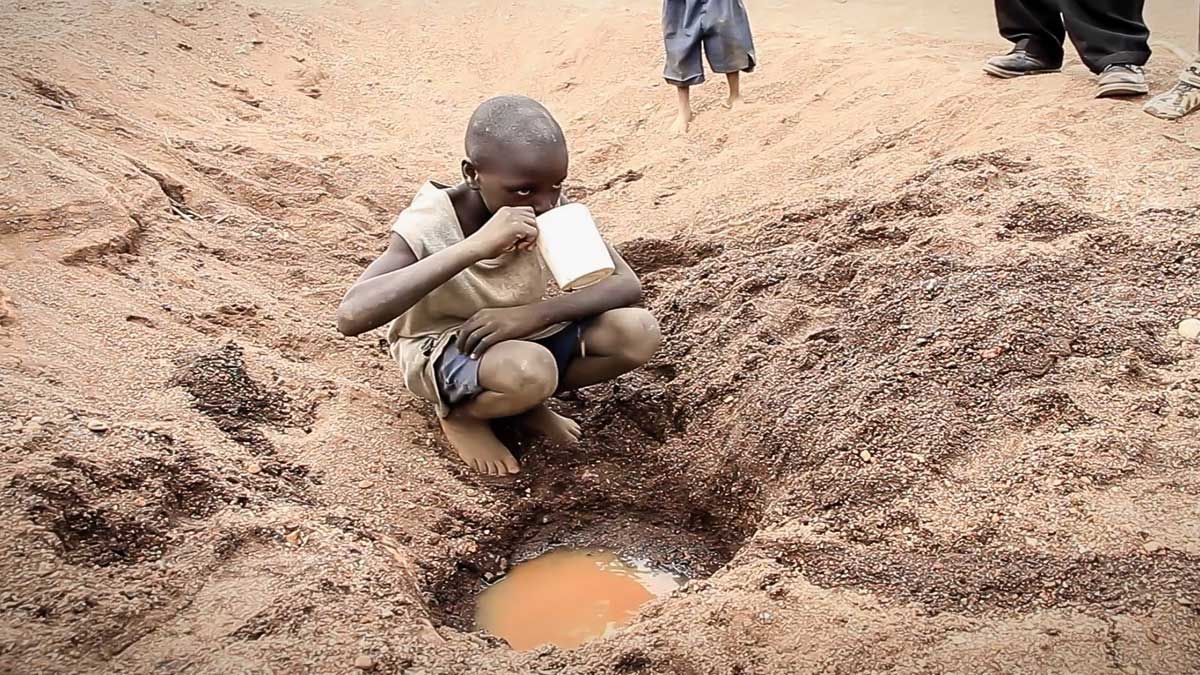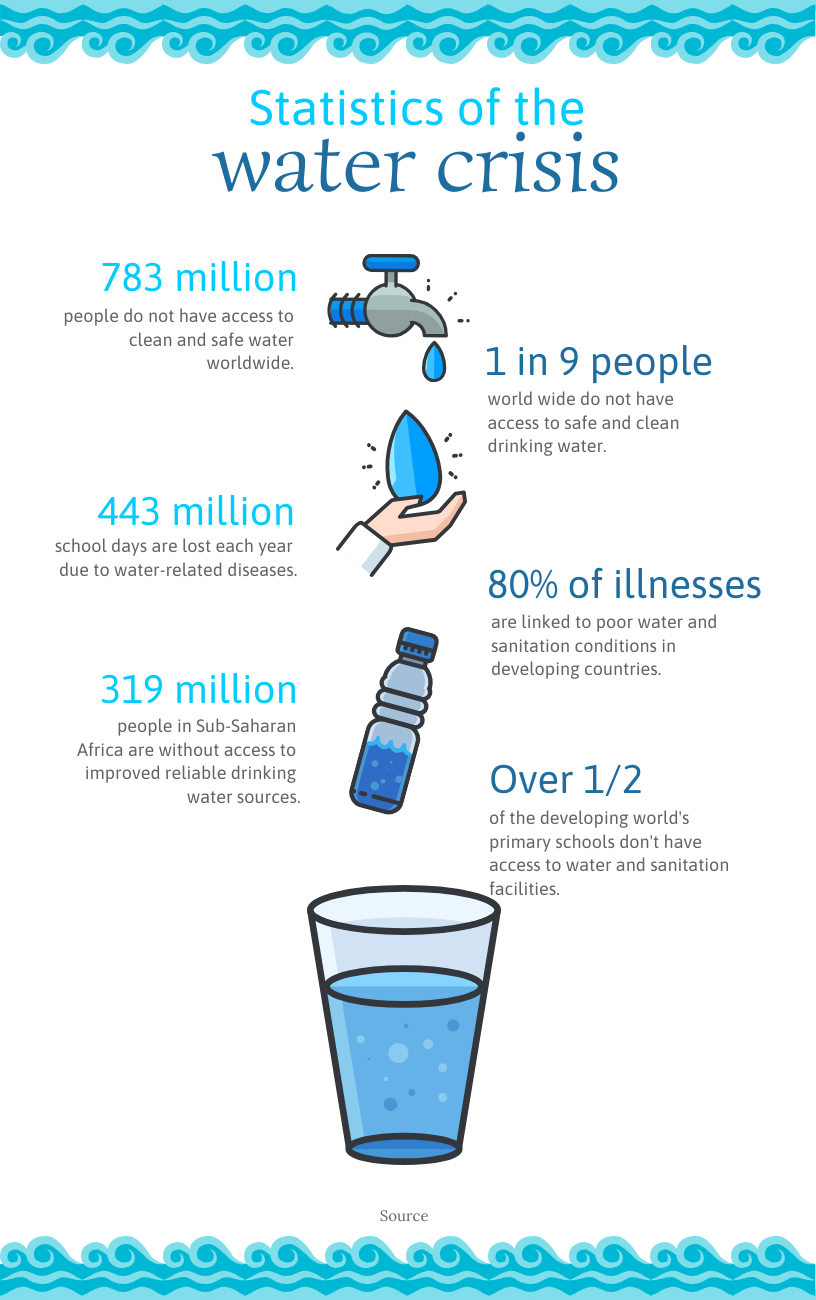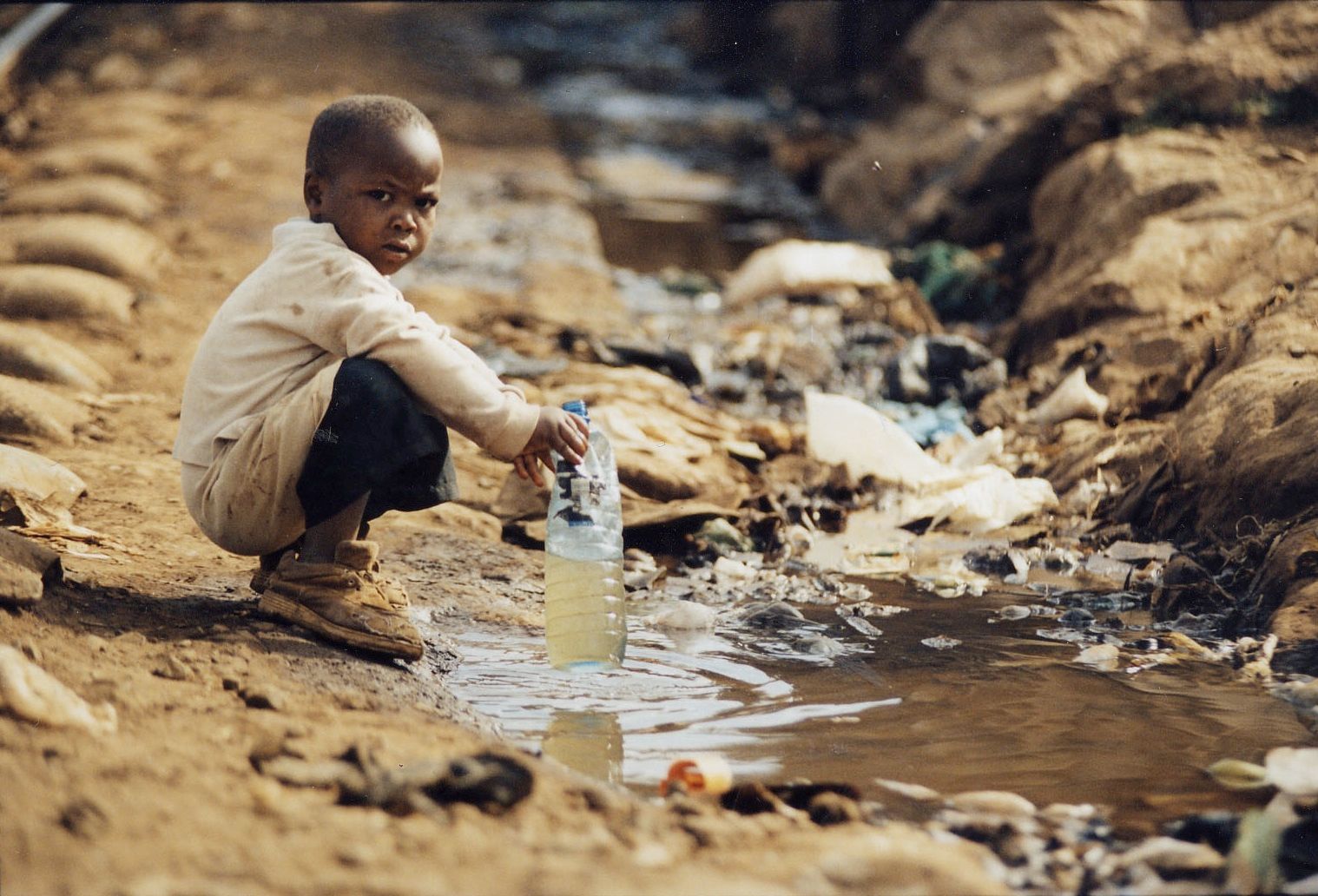-
Problem of water in the world
"Empowering students through engaging education, fostering environmental consciousness, and advancing scientific literacy. Committed to shaping future leaders in Life and Earth Sciences."
-
Hello and thank you for creating a topic!
Please note that initiating a topic is not only creating a topic name but also filling it with some content.
Creating a topic means starting a discussion with your peers, searching for advice, asking a specific question, sharing your experience first and encouraging other users to reply and to share their thoughts or their materials.You can add images and files, insert Internet links to your posts if needed.
Therefore, I invite you to elaborate on this topic and add what you would like to discuss with your peers?
-
I would also like to invite you to take a look at E-Library resources. For example, the "Teaching tools" section seems to have some materials you might be interested in, particularly those related to water management.
Please, let me know, would do you think about this?
-
Solving the world's water problems requires a multifaceted approach that combines technology, policy changes, and societal shifts. Here are some ideas:
-
Invest in Infrastructure: Developing and maintaining water infrastructure is crucial for efficient water distribution and management. This includes building dams, reservoirs, pipelines, and treatment plants to store and transport water where it's needed.
-
Water Conservation: Encouraging individuals, businesses, and industries to conserve water through efficient use practices such as fixing leaks, using water-saving appliances, and implementing recycling and reuse systems.
-
Desalination: Investing in desalination technologies to convert seawater into freshwater. While energy-intensive, advancements in desalination technology could make it a viable solution, especially for coastal regions facing water scarcity.
"Empowering students through engaging education, fostering environmental consciousness, and advancing scientific literacy. Committed to shaping future leaders in Life and Earth Sciences."
-
-
-
Rainwater Harvesting: Promoting rainwater harvesting techniques at the household and community levels to capture and store rainwater for non-potable uses like irrigation and toilet flushing.
-
Wastewater Treatment and Reuse: Implementing advanced wastewater treatment systems to safely recycle and reuse treated wastewater for non-drinking purposes like irrigation, industrial processes, and groundwater recharge.
-
Protecting Ecosystems: Preserving and restoring ecosystems such as wetlands, forests, and watersheds that play crucial roles in regulating the water cycle, maintaining water quality, and preventing floods and droughts.
-
Education and Awareness: Increasing public awareness about water conservation and management through education campaigns, community outreach programs, and media initiatives to foster a culture of responsible water usage.
"Empowering students through engaging education, fostering environmental consciousness, and advancing scientific literacy. Committed to shaping future leaders in Life and Earth Sciences."
-
-
-
Policy Reform: Implementing water management policies that prioritize sustainability, equity, and efficiency. This includes regulating water usage, pricing water according to its true value, and enforcing laws to prevent pollution and over-extraction of water resources.
-
International Cooperation: Facilitating collaboration between countries to manage shared water resources effectively, resolve conflicts, and address transboundary water issues through treaties, agreements, and diplomatic negotiations.
-
Innovative Solutions: Supporting research and development of innovative technologies such as nanotechnology, artificial intelligence, and biotechnology to improve water purification, distribution, and monitoring systems.
Combining these strategies with a commitment from governments, industries, and individuals to prioritize sustainable water management can help address the world's water challenges and ensure access to clean and safe water for all.
"Empowering students through engaging education, fostering environmental consciousness, and advancing scientific literacy. Committed to shaping future leaders in Life and Earth Sciences."
-
-
@Ana_moderator
https://www.unesco.org/en/articles/imminent-risk-global-water-crisis-warns-un-world-water-development-report-2023"Empowering students through engaging education, fostering environmental consciousness, and advancing scientific literacy. Committed to shaping future leaders in Life and Earth Sciences."
-
God Idea

-
this subject affects everyone ......Solution
-

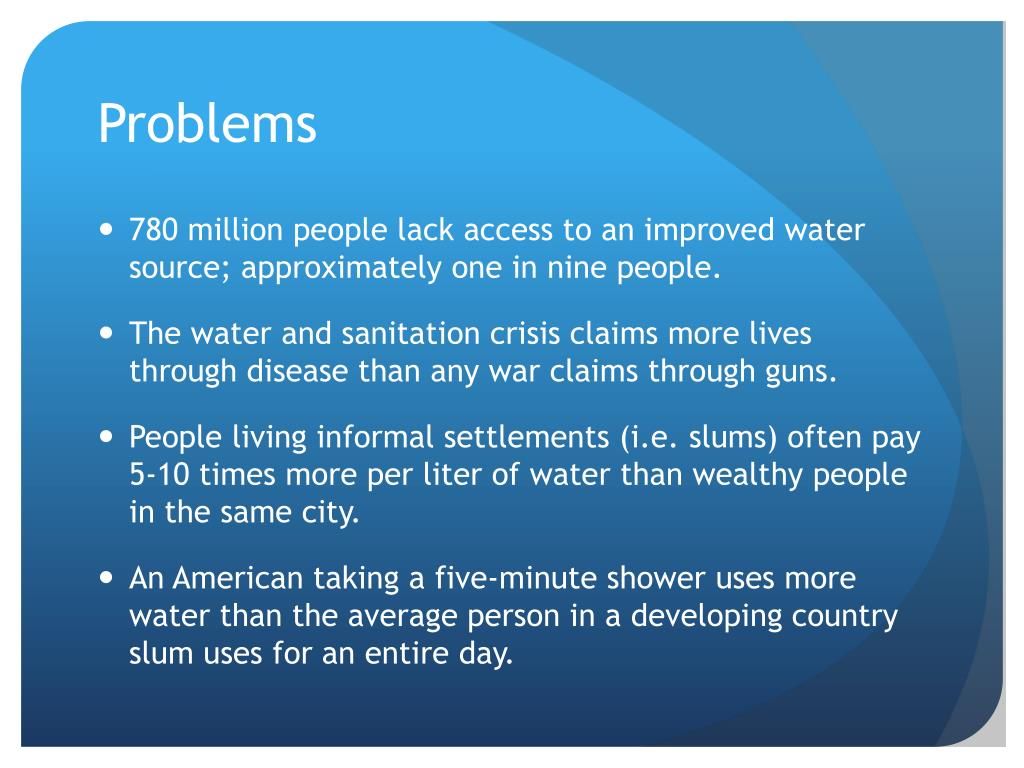 
 -
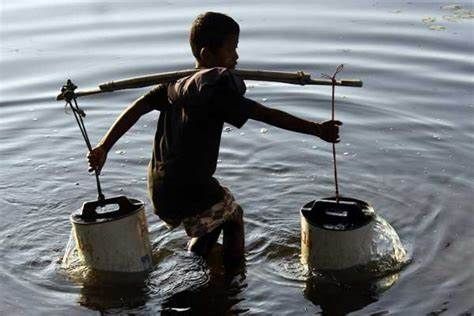
-

.jpg) !
! -
.jpg)
.jpg)
-
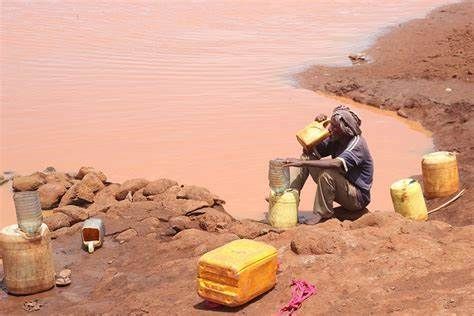
_1715250366724.jpg)
.jpg)
-
Its our life
"Empowering students through engaging education, fostering environmental consciousness, and advancing scientific literacy. Committed to shaping future leaders in Life and Earth Sciences."
-
As the factors driving water scarcity are complex and vary widely across countries and regions, UNICEF works at multiple levels to introduce context-specific technologies that increase access to safe water and address the impacts of water scarcity. We focus on:
Identifying new water resources: We assess the availability of water resources using various technologies, including remote sensing and geophysical surveys and field investigations.
Improving the efficiency of water resources: We rehabilitate urban water distribution networks and treatment systems to reduce water leakage and contamination, promoting wastewater reuse for agriculture to protect groundwater.
Planning for urban scarcity: We plan for future water needs by identifying available resources to reduce the risk of cities running out of water.
Expanding technologies to ensure climate resilience: We support and develop climate-resilient water sources, including the use of deeper groundwater reserves through solar-powered water networks. We also advance water storage through small-scale retention structures, managed aquifer recharge (where water is pumped into underground reserves to improve its quality), and rainwater harvesting.
Changing behaviours: We work with schools and communities to promote an understanding of the value of water and the importance of its protection, including by supporting environmental clubs in schools.
Planning national water needs: We work with key stakeholders at national and sub-national levels to understand the water requirements for domestic use and for health and sanitation, and advocate to ensure that this is reflected in national planning considerations.
Supporting the WASH sector: We develop technical guidance, manuals and online training programmes for WASH practitioners to improve standards for water access.
from UNICEF:
https://www.unicef.org/wash/water-scarcity#:~:text=Over two billion people live in countries where,be displaced by intense water scarcity by 2030. -
It's a subject that affects the Central African continent enormously.
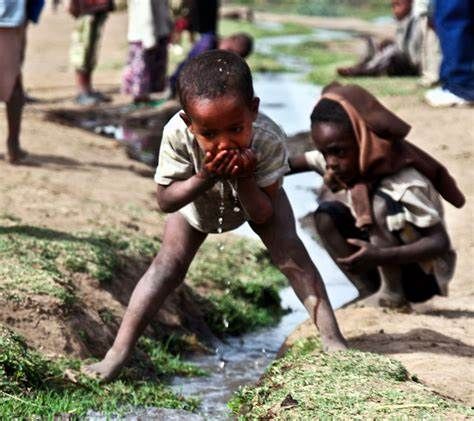
_1715259038473.jpg)
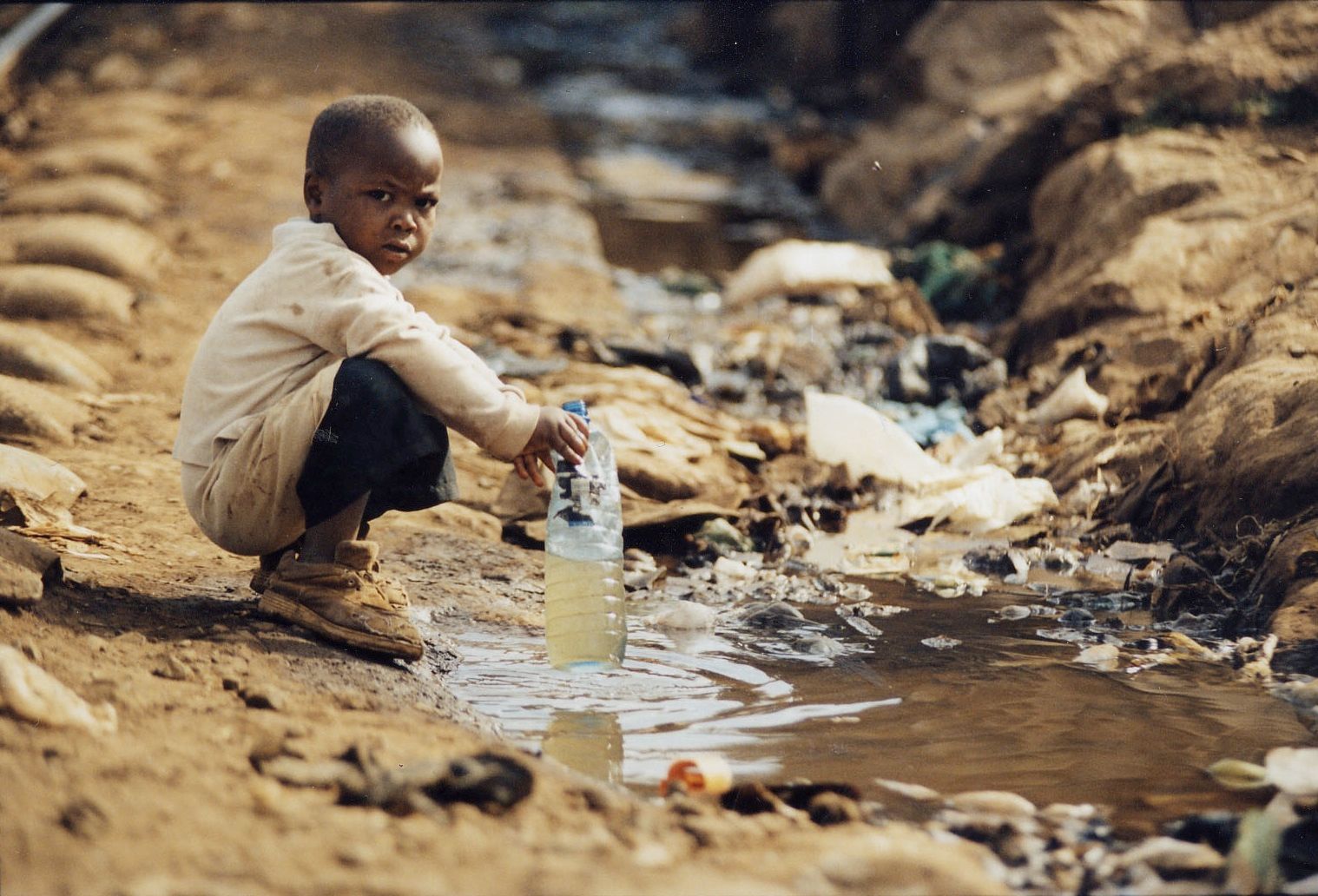
-
@Bousl2336873cb4 said in Problem of water in the world:
Re: Activities for teaching about Climate Change
Droughts and climatic variability aggravate the vulnerability of the continent and make sustainable water resources development a real challenge. Inadequate levels and coverage of water services plague both urban and rural communities, with attendant health risks.
Author: Lekan Oyebande
Publish Year: 2001 -
Here are 3 ways tech can improve access to freshwater
he climate crisis is increasing water scarcity around the world.More than a quarter of the global population, 2.3 billion people, live in water-stressed countries, according to the United Nations. When a territory uses 25% or more of its renewable freshwater resources it is classified as water-stressed.
A worsening global water crisis
Freshwater systems around the world are increasingly under threat from global warming, with average temperatures continuing to rise and droughts getting more intense.In its Sustainable Development Goals Report 2022 the UN outlines the human impact on freshwater systems: “decades of misuse, poor management, over extraction of groundwater and contamination of freshwater supplies have exacerbated water stress and deteriorated water-related ecosystems”.

